You might think that all good camera drones are made by DJI, but the Autel Evo Nano+ offers a strong alternative. Sure, it strongly resembles DJI's mini-drones in almost every way, from the design and shape of the drone to the app and all its features, but that hardly matters. After all, DJI makes some of the best drones out there.
Our review of the Autel Evo Nano+ found it to be on par with similar DJI drones, but perhaps just a bit less refined. However, the Evo Nano+ can be had in a fun color, rather than the bleak gray common to all DJI drones. But the different paint jobs are enough to tempt you.
The Autel Evo Nano+ is available starting in late 2021. The standard bundle, which includes the drone, one battery, controller, one set of rotors, and the necessary cables, is $949 through Autel, but other online retailers offer it for much less. For example, I found one on Amazon for $899.
The premium bundle, which also adds two batteries, a charger, and a carrying case, costs $1,099. Additional batteries are $65 each.
Unlike DJI's drones, which are available in any color as long as you choose gray, the Evo Nano comes in orange, gray, white, and red for a more colorful flight experience.
If the Evo Nano+'s body were painted a dull gray, it would be hard to tell it apart from the DJI Mini 2; the two forward obstacle avoidance sensors give the drone an insect-like appearance, and the Evo Nano+'s body is also available in a variety of colors. [Below this opening is a microSD card slot, a USB-C port for charging the drone, and two rearward obstacle sensors. Two additional obstacle avoidance sensors are on the bottom.
Like the Mini 2 and the new DJI Mini 3 Pro, the Evo Nano+ weighs just 249 g and does not require FAA registration.
Autel's all-black controller looks more like something that would come with a PS5 than a drone: two joysticks with three buttons in between, plus two shoulder buttons and a scroll wheel on the front left.
A telescoping phone grip sticks out the front. We liked the controller's easy grip, but it was surprisingly heavy, especially when the phone was attached.
The Evo Nano+ has a 1/1.28-inch (0.8-inch) CMOS sensor with an f/1.9 aperture and can take photos up to 50 MP in size. This is roughly similar to the DJI Mini 3 Pro, which has a 1/1.3-inch sensor, f/1.7 aperture, and a maximum photo resolution of 48 MP.
Photos and videos taken with the Nano+ were comparable to those taken with comparable DJI drones. Images were crisp, sharp, and colorful. On a clear day, I was able to capture details of the foliage, and the leaves were lush and green. The red shirt I was wearing had been slightly washed and appeared orange in places, but otherwise the colors were true to life.
The panoramic view of the New York City skyline in the distance was also clear, despite a slight haze. As expected, the Nano+'s 4x digital zoom allowed for a closer look at the Empire State Building, but much detail was lost.
Also like the DJI Mini 3 Pro, the Evo Nano+ can lock on to and track people, and has the same "quick shot" (a preprogrammed mode in which the drone flies autonomously while keeping the subject centered in the frame).
I found that the Nano+ did a good job of tracking me, but like some other features, it was not as seamless an experience as the DJI drone. For example, on one flight, the Nano+ should have circled around me, but instead spiraled into the ground.
The battery in the Evo Nano+ can keep the drone flying for 28 minutes. Generally, close to 30 minutes is pretty good for a drone, and the Mini 3 Pro lasts a couple of minutes longer with a regular battery. However, DJI also manufactures an extended battery for the Mini 3 Pro that can extend the flight time to 47 minutes.
The Autel Evo Nano+ is a very good, very light, and very capable drone. However, the DJI Mini 3 Pro is an equally capable, equally lightweight drone that costs $140 less. The DJI drone can also shoot vertical video, which is a pretty neat trick. In practice, I found the DJI drone to be just a bit more sophisticated, from the app to the flight performance. (One thing in particular that pissed me off: the Autel app pronounces "gimbal" as "gimbal.") However, if you can find the Evo Nano+ on sale, it would be a good alternative to the DJI drone.
.
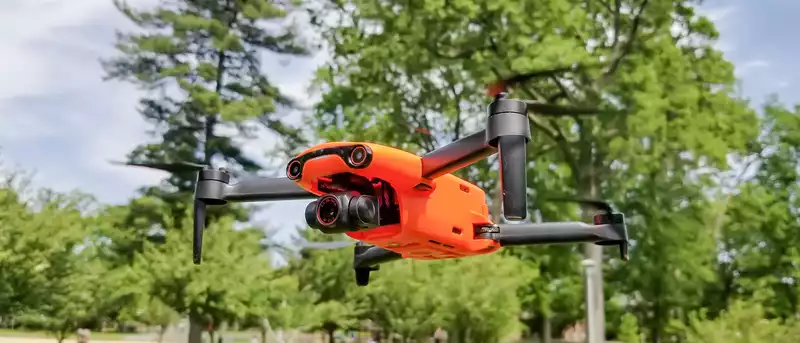


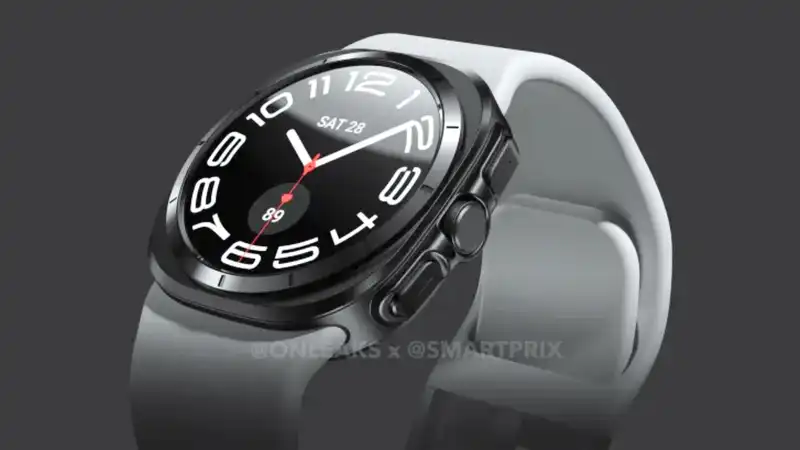
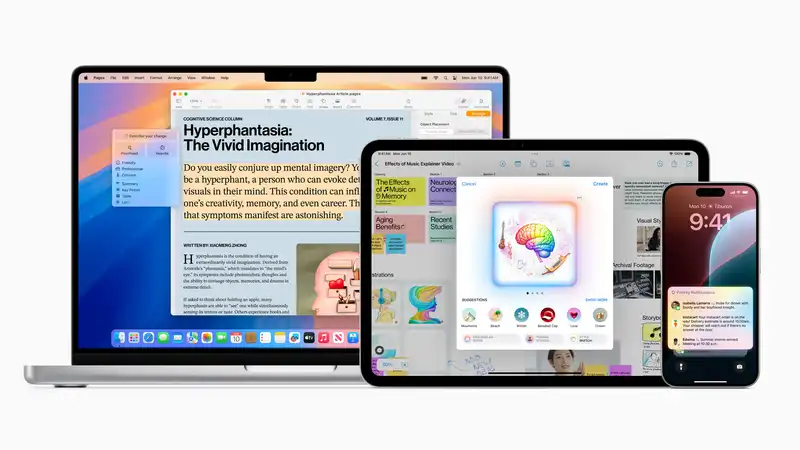

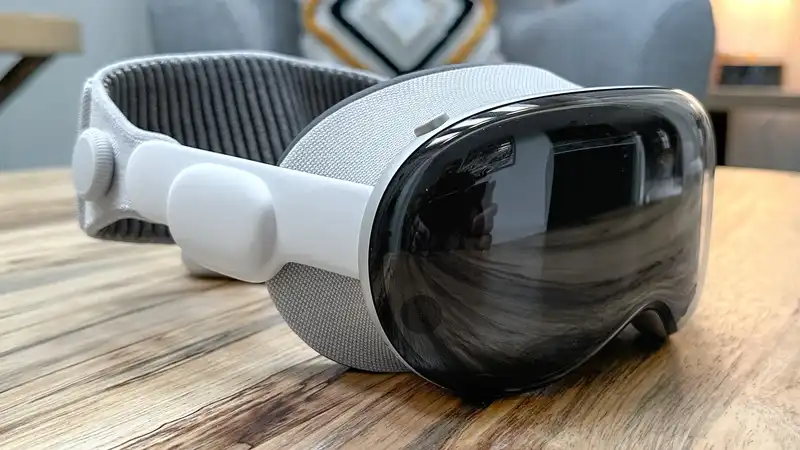

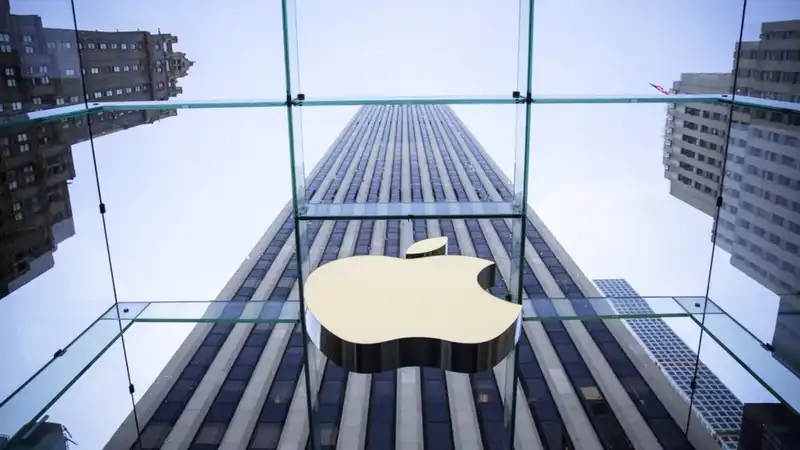
Comments